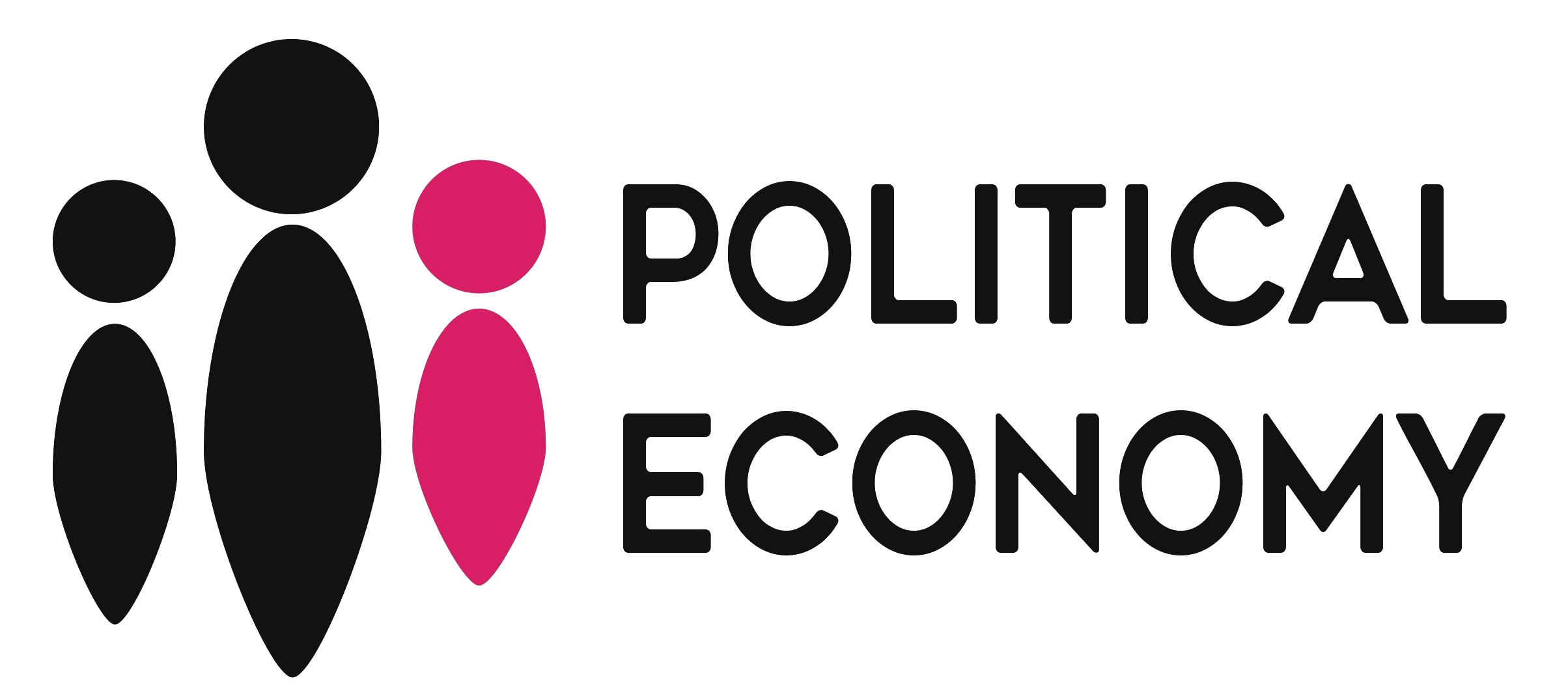Topics in Political Economics: Fostering environmental and social sustainability
- Typ: Seminar (S)
- Semester: SS 2016
-
Zeit:
2016-04-21
09:45 - 11:15 täglich
05.20 1C-02 05.20 Kaiserstraße 89-93 (Allianz-Gebäude)
2016-04-21
09:45 - 11:15 täglich
05.20 1C-03 05.20 Kaiserstraße 89-93 (Allianz-Gebäude)
2016-06-21
08:00 - 19:00 täglich
05.20 1C-01 05.20 Kaiserstraße 89-93 (Allianz-Gebäude)
-
Dozent:
Prof. Dr. Nora Szech - LVNr.: 2560552
| Notes | Participation will be limited to 12 students. |
| Prerequisites | None. Knowledge in the field of experimental economic research or behavioral economics as well as in the field of microeconomics and game theory may be helpful. |
| Description | Very generally speaking, sustainability describes the ability to maintain a certain condition or process for a prolonged period. It has multiple, often heavily interlinked aspects. The economic dimension is concerned with the allocation of resources and capital in order to maintain economic growth. The environmental dimension encompasses the interaction of humans and nature. Destructive exploitation of natural resources, pollution or overfishing are typical examples of environmentally unsustainable behavior. Furthermore sustainability has another, less frequently discussed, social component. It encompasses labor rights, human rights and as well as social integration of the different segments of a society. How can we promote sustainability? Is it possible to change people’s behavior? The success of the book Nudge by Cass Sunstein and Richard Thaler as well as the creation of the Behavioral Insights Unit in the United Kingdom show that the induction of sustainable behavior is of public interest and a political concern. With the support at our chair, students develop their own ideas for the design of an economic experiment or field of study. |
| Bibliography | Thaler, Richard H; Sunstein, Cass R (2008): Nudge. New Haven, Conn.: Yale University Press. |
| Comment | Students may work individually or in pairs of two, whereas working in teams is recommended. Please note that no topics will be handed out by the seminar facilitators. Instead participants will develop their own research question in the field of social or environmental sustainability. |
| Entryrequirements | None. |
| Annotation | For further questions, please contact Jannis Engel (jeroen.engel@kit.edu). |
| Shortdescription | With the support at our chair, students develop their own ideas for the design of an economic experiment or field study on the topic. |
| Workload | About 90 hours |
| Target audience | Bachelor and Master students of the fields Industrial Engineering and Management , Information Engineering and Management , Economics Engineering or Economathematics. |
| Aim | The student develops an own idea for an economic experiment or field study in this research direction. |

